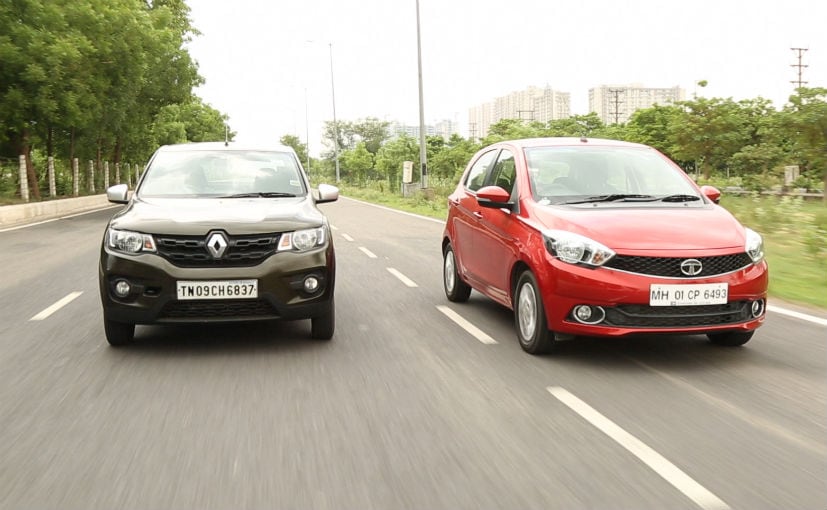Traffic Is Leading Indian Car Buyers To Opt For Automatic Cars: Report

Highlights
- Indian buyers have traditionally been hesitant to shift to automatics
- The average driving time is going up to 2 hours a day
- Consumers want to upgrade to cars that are easier to drive
India's snarling traffic jams can leave cars crawling at under 5 kilometers an hour -- making it almost faster to walk than drive. Now, ever lengthening commutes are pushing the country's famously price-conscious consumers to upgrade to cars that are easier to drive. Most notably, more are buying pricier models that sport automatic gears and moving away from the manual stick-shifts that have long held sway over Indian roads. For manufacturers, that's good news because they can bring global brands to India faster, without waiting to tailor local versions. A flood of new models are slated to enter India over the next five years, intensifying competition in the country's $30 billion auto market, which is expected to rank behind only China and the U.S. in sales by 2020.
Also Read: Automatic Transmission Cars in India Under Rs. 15 Lakh
Cars with automatic transmission come with a premium over their manual counterparts
With the average driving time going up to 2 hours a day, "a driver looks forward to ease of driving, especially in the traffic conditions faced in India," according to India's Tata Motors Ltd. "This is one of the most important drivers pushing the demand of an automatic car."
As Indians upgrade and the market develops, more overseas companies are pushing in. SAIC Motor Corp., China's largest automaker by sales, is preparing to set up its first plant in India. The Shanghai-based state-owned company will bring its MG brand to the South Asian country and begin operations in 2019. South Korean auto giant Kia Motors Corp. is also planning an entry.
Also Read: Explained: Types of Automatic Transmissions and How They Function

Affordable cars like Tata Tiago, Renault Kwid, Maruti Alto get Automated manual transmission (AMT)
Indian buyers have traditionally been hesitant to shift to automatics because they are slightly costlier, and the country still lags far behind the U.S and other countries in using them.
Also Read: Hyundai Gets High Interest In Petrol Model And Automatic Variants Of New-Gen Verna
Even though the proportion of automatic vehicles have more than doubled from two years ago, that's still just north of 5 percent of total sales, a tiny percentage compared with developed markets such as the U.S. But traffic congestion is only expected to rise with rapid growth in urban population and vehicle ownership.
Automatic transmission cars are likely to become a more dominant segment, said Rahul Mishra, principal, at consultancy AT Kearney.
"Slow traffic in large cities resulting in fatigue from manual transmission cars will be a prominent driver," Mishra said. Increased affordability of these vehicles will also drive penetration, he said.
(Except for the headline, this story has not been edited by NDTV staff and is published from a syndicated feed.)
Last Updated on September 11, 2017
Related Articles
Latest News
- Home
- News
- Auto Industry
- Bad Traffic Is Leading Indian Car Buyers To Opt For Automatic Cars: Report














